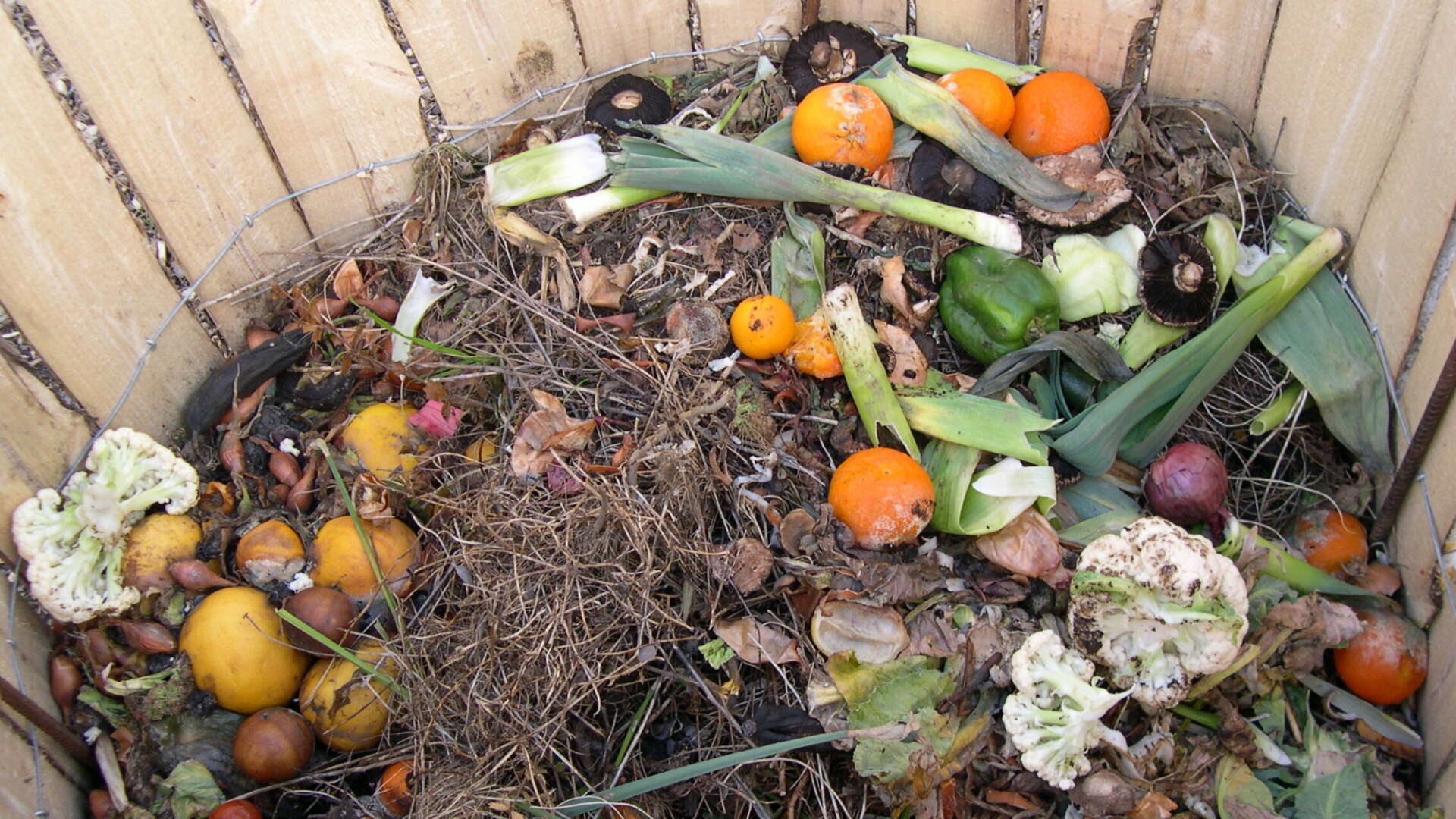COP26 – what can we do to play our part?

Garden Organic welcomes these discussions, with high hopes that governments can recognise the need for change and pledge meaningful action. It is a pressing and overwhelming scenario. But what can we, as individuals, do?
We believe organic growing is one answer. Your own growing space, no matter how small, can contribute to one of the COP26 goals – to protect communities and natural habitats in the face of climate change.
For over 60 years Garden Organic has encouraged growers to create natural habitats – in gardens and allotments, balconies, and pots. Using practical advice, we’ve already helped thousands of growers reduce their impact on the world’s resources and create a healthy, biodiverse growing area.
What you can do…
Regardless of how much space or experience you have, here are our simple steps that everyone can take to support the natural habitat on our doorstep:
- Get composting. Home composting is a win-win for increasing the sustainability of your garden. Each compost bin stops 125kg of green waste from having to be transported away. It also ensures that organic matter is returned to the soil so that the carbon returns to where it belongs. Globally, the soil is the largest store of carbon on land, storing around three times the amount of that stored in plants, trees, and animals. What’s more, home compost is a valuable source of nutrition for your plants, reducing the need to buy in fertilisers or feeds.
- Think about refuse/reduce/reuse/recycle in your garden. Buying things for your garden is a huge industry, and not always necessary. Do you have household waste containers like yogurt pots and milk cartons that would make good growing pots? Can you make your own plant feeds with nettles or comfrey? Have you tried saving your own seed? Do you need to buy new tools, or can you repair, share or source second hand? Minimising the number of new materials that have to be brought in is an important part of organic growing and a great way to reduce the carbon footprint of your garden.
- Create biodiversity in your space. The UK has fared very badly in terms of conserving biodiversity and has been reported as one of the most nature-depleted countries in Europe. However, there are changes that can be made and with the total area of UK domestic gardens exceeding the area of Northumberland, every garden can make an important contribution to biodiversity. Growing a mixture of plants, allowing a few wilder or unmown areas, leaving a log pile, planting a hedge, creating a pond all play an important role in enhancing biodiversity.
- Ditch the pesticides. Recently there has been a lot more awareness that key pesticides such as neonicotinoids and glyphosate have had detrimental effects on populations of pollinators and beneficial insects, the wider environment, and human health. All-natural life forms - great and small - have a place in our garden, it is a terrible mistake to eradicate them, thereby destroying a vital ecosystem.
- Go peat-free. The reasons for avoiding using peat in your garden are numerous. Globally, peat bogs store three times as much carbon as forests, but the process of peat extraction results in significant amounts of this carbon being released as carbon dioxide into the atmosphere. Here in the UK, a recent RSPB report found that peat extraction currently emits more greenhouse gases than all the HGVs on UK roads. These emissions also cancel any benefits of the new climate emergency forestry planting. Peatlands are important wildlife habitats that are home to a wealth of plants, birds, and insects. If you’re buying bagged garden compost or plants, make sure you choose peat-free, and if it’s not available, ask why not.
- Water wisely. In the UK, we tend to take a plentiful supply of water for granted, but climate change predictions point towards this being an increasingly unpredictable resource. As well as collecting and storing rainfall, give consideration to what you grow and how you manage the important reserve of water stored in the soil. Grow perennials that will establish better root systems than annuals, cover any bare soil with a mulch to reduce evaporation, and add compost to improve its ability to hold water. When watering, only water the essentials (a lawn will always recover from drought, so a sprinkler is completely unnecessary), water the soil rather than the plant and avoid watering in the midday heat, when much of your precious water will simply evaporate.
"Climate change and protecting the environment is high on the agenda at the moment, and rightly so,” comments Fiona Taylor, Chief Executive of Garden Organic.
"The scale of the problem can feel overwhelming, but here at Garden Organic, we are firm believers that we can all play a part in the solution. Whilst world leaders and big industries agree on what they are going to do, we urge everyone to step outside and commit to making a few small changes in their own patch of earth.
"As gardeners, we’ve felt the effects of the changing climate for a while now with late frosts, violent rainstorms, and soaring summer temperatures."